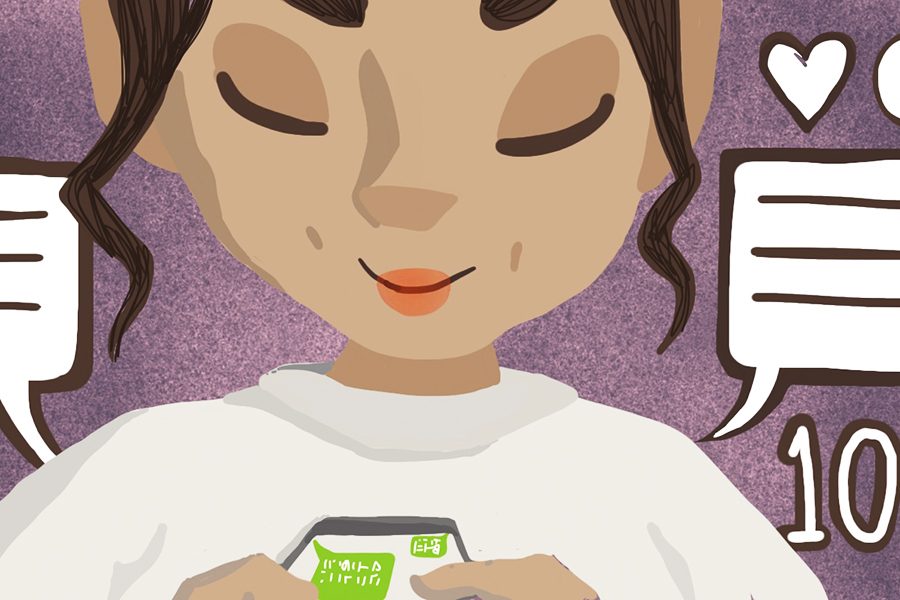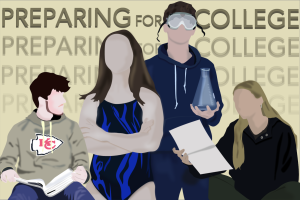Using social media responsibly is good
Social media has its benefits and risks; learning to balance them is key
February 11, 2019
It’s obvious to any student with a cell phone that social media is taking our generation by storm. Students who use YouTube, Instagram, Twitch and other platforms to express themselves demonstrate the beneficial effects of social media, but it is important to be wary of the consequences of overuse as well. Responsibly managing your social media use allows you to have the best of both worlds.
The prevalence of social media in everyday life offers a place to be kind to others, find humor or create something meaningful. Instagram comment sections are full of compliments. The masses of Twitter users and their witty humor is always good for a laugh. Even at our school, students are provided an opportunity to show off talents like photography and cooking to express themselves through social media.
However, sometimes the benefits of social media are so appealing that students forget about the potential negatives. Social media use has grown rampant and even an addiction for some students. Most students realize their use of social media is a problem — nearly three-quarters of teens think tech companies are trying to get them to become more addicted, according to a study by Common Sense Media. But some teens don’t try to avoid this addiction — Pew Research found that 45 percent of teens say they’re online “almost constantly,” and more than half of teens think social media distracts them from doing homework or hanging out with friends.
Social media addiction also affects the body itself. When people get a like on their picture or a view on their video, addictive chemicals called endorphins are released into the body; endorphins trigger the brain’s pleasure receptors and bring a jolt of happiness. However, there are other more damaging effects that social media addiction can have on the body. A variety of clinical studies have found causal links between increased social media use and negative effects like depression and loneliness. Seeing the perfect lives of others online can make people feel isolated and left out. Finding ways to combat this addiction and limit it is key to enjoying your time online.
Even if you don’t feel addicted, it’s always good to take measures to protect yourself. On Apple devices, the Screen Time setting allows you to set time limits on daily app usage and disable non-critical notifications at night. Screen Time also sends you a weekly report showing how many hours you’re on your device every day. Other third-party apps like OffTime and Moment help limit social media use as well. Using methods to fight addiction will ensure that social media positively influences your life.
Social media use is a good thing — it gives everyone an opportunity to share and express themselves. Social media overuse, on the other hand, is a problem. Being responsible with your time on social media will allow you to reap all the benefits with less consequences.JJ









